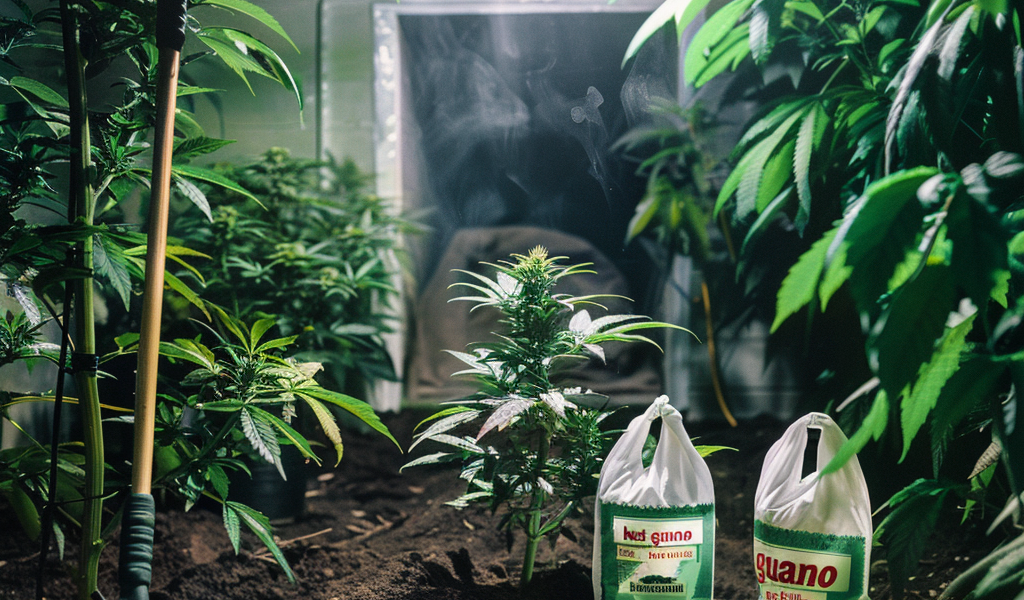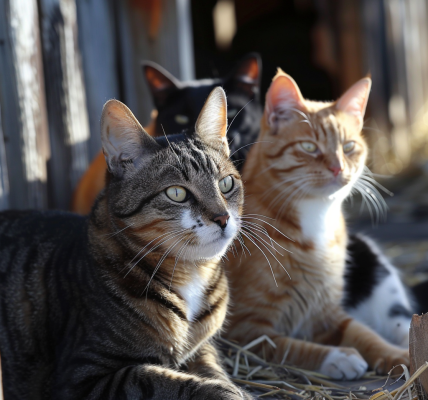In a tragic incident from Rochester, New York, two men have died after contracting a rare fungal infection linked to the use of bat poop, commonly referred to as guano, as fertilizer for their cannabis plants. The unfortunate event underscores the potential health risks associated with handling bat feces without proper precautions.
The victims, aged 59 and 64, were reported to have developed a serious condition known as histoplasmosis, which is caused by inhaling spores from the fungus found in bat droppings. This infection, which was once primarily associated with the Ohio and Mississippi River valleys, has become more widespread, with cases now reported across various regions of the United States.
According to a recent publication in the journal Open Forum Infectious Diseases, the younger man had acquired bat guano online, while the older man had harvested guano from a bat-infested attic in his home. Both individuals experienced severe symptoms, including fever, chronic cough, significant weight loss, and blood poisoning, which ultimately led to respiratory failure.
Despite receiving medical treatment, including antifungal medications, both men succumbed to their infections. This tragic outcome serves as a stark reminder of the potential dangers involved in using bat guano as a fertilizer, particularly for those unaware of the associated health risks.
Histoplasmosis is estimated to affect approximately one to two individuals per 100,000 people in the United States each year, with the CDC noting that the infection can occur in various locations, not just the areas where it was once endemic.
As the cultivation of cannabis gains traction, particularly following recent legalization efforts, the use of bat guano as a natural fertilizer has been promoted in numerous online communities. However, this enthusiasm can lead to dangerous practices among individuals who may not fully understand the risks of handling bat droppings.
Health experts are calling for increased awareness regarding the dangers of using bat guano in gardening and farming. They emphasize the importance of educating both medical professionals and the public about preventive measures and the need for timely diagnosis of histoplasmosis.
The study advocates for regulatory oversight of commercial biofertilizers containing bat guano, suggesting that they should be tested for the presence of Histoplasma capsulatum before being marketed. In instances where testing is impractical, it is crucial to implement risk mitigation strategies to protect consumers.
The CDC also advises against activities that could expose individuals to harmful fungi, such as exploring caves or cleaning areas with significant accumulations of bird or bat droppings. They recommend utilizing professional removal services to minimize health risks associated with such activities.
As more individuals engage in home gardening and cannabis cultivation, it is vital that they are informed about the potential hazards of using bat guano and take necessary precautions to safeguard their health. This incident serves as a critical reminder of the importance of safety and awareness when utilizing organic fertilizers in gardening practices.





